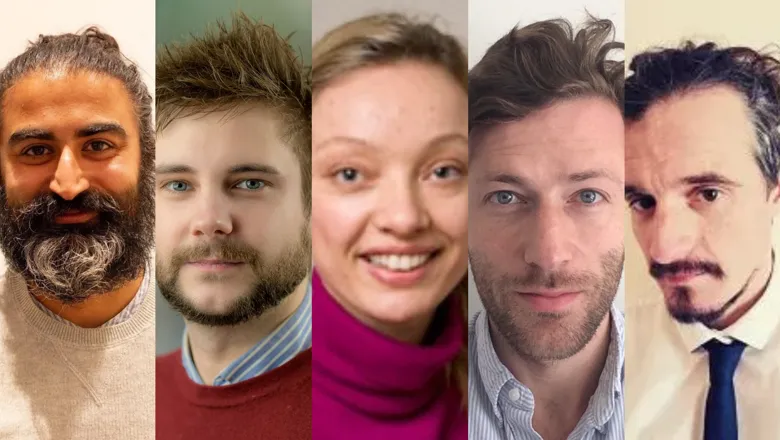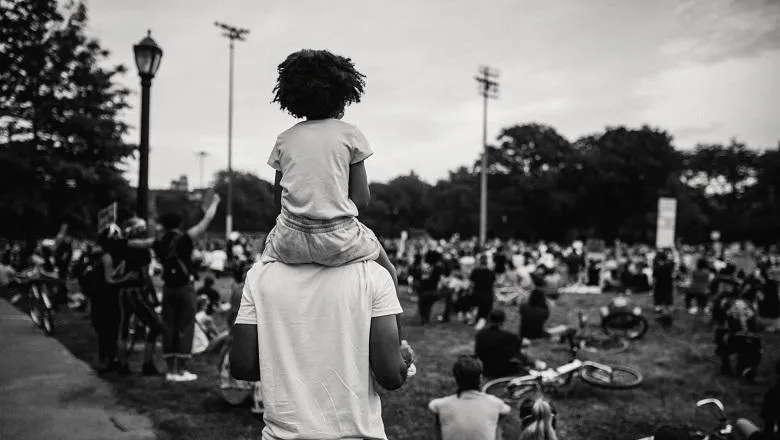
Biography
Following preclinical studies at Oxford, Dr Vishal Bhavsar joined King's as a student doctor in 2004. He undertook undergraduate psychiatry training in Lewisham, London, with Maurice Lipsedge and Dinesh Bhugra. This included a 2006 elective placement in psychiatry at the National Institute of Mental Health and Neurosciences (NIMHANS), Bangalore, India supervised by Santosh Chaturvedi, Prabha Chandra and others. After papers on 19th century asylum data, and on religious delusions, he won an NIHR academic foundation programme (2008), an NIHR academic clinical fellowship (2010), and a Wellcome Clinical Research Training Fellowship (2013), in psychiatric epidemiology supervised at the King's Department of Psychosis Studies by Robin Murray, Jane Boydell, Philip McGuire, Paolo Fusar-Poli, and James MacCabe, and at LSHTM by Dave Leon.
He is now experienced in most classical epidemiological methods, including disease mapping, mixed effects modelling, meta-analysis, mediation within SEM and causal inference frameworks, and survival analysis. After doctoral research on psychotic-like experiences in the general population, his work has taken a greater focus on violence, including reasons for greater interpersonal victimisation in people using mental health services, and how professional responses to perpetration of violence in mental health services are shaped by social, demographic, and policy factors.
In so doing, his work has addressed the way in which mental health services can contribute to a so-called public health approach to violence, leading to current work:
- Examining how machine learning can improve measurement of violence in mental health services (with Rob Stewart at the Specialist Mental Health BRC at Maudsley Hospital),
- Developing programme evaluations on violence reduction in local government (with Craig Morgan and Stephani Hatch at HSPRD and Psychological Medicine), and
- Evaluating mental health service responses to people who perpetrate domestic violence and abuse (with Louise Howard at the Section of Women’s Mental Health).
In 2012 he won the poster prize at the RCPsych Academic Trainee’s Conference, and in 2018 he was awarded Departmental PhD of the year in Psychosis Studies. He is lead editor of the second edition of the RCPsych Trainee’s Handbook. He works clinically two days a week as Consultant in Early Intervention in Psychosis in Lewisham.
Research interests
- Designing and carrying out epidemiological studies in psychosis, violence, and mental health services
- Measuring violence affecting mental health service users
- Understanding the impact of neighbourhood and service context on psychiatric outcomes
Teaching
Dr Bhavsar supervises MSc dissertations for Mental Health Studies, and Early Intervention in Psychosis. He also deliver bedside teaching in psychiatry as part of his clinical work.
Expertise and public engagement
Dr Bhavsar has written twelve blogs for Mental Elf on studies in social epidemiology, violence and mental health, and mental health services.
He has given invited presentations at the University of Edinburgh, and taught on the Peer Review course at RCPsych. He is on the RCPsych Critical Review Board for written MRCPsych papers.
He is also part of the Maudsley Cultural Psychiatry Group, a small steering group focused on service and practice improvement on ethnic inequalities in mental health services.
Research

King's Women's Mental Health
King's Women's Mental Health (KWMH) conducts pioneering research to improve women's mental health
News
Five IoPPN researchers receive Fellowship awards
Five researchers at the Institute of Psychiatry, Psychology & Neuroscience have received Fellowship awards.

Events

New approaches to reducing adversity and improving mental health – applying social epidemiological thinking
Join us for this seminar to hear Dr Vishal Bhavsar present a historical overview of social epidemiology and to highlight how social epidemiological thinking...
Please note: this event has passed.
Spotlight
The power to improve lives, anywhere: the impact of global research collaboration
Mental health. Gender equality. Fragile health systems. Conflict. When you think about the pressing issues our society faces, solutions might seem years away.

Research

King's Women's Mental Health
King's Women's Mental Health (KWMH) conducts pioneering research to improve women's mental health
News
Five IoPPN researchers receive Fellowship awards
Five researchers at the Institute of Psychiatry, Psychology & Neuroscience have received Fellowship awards.

Events

New approaches to reducing adversity and improving mental health – applying social epidemiological thinking
Join us for this seminar to hear Dr Vishal Bhavsar present a historical overview of social epidemiology and to highlight how social epidemiological thinking...
Please note: this event has passed.
Spotlight
The power to improve lives, anywhere: the impact of global research collaboration
Mental health. Gender equality. Fragile health systems. Conflict. When you think about the pressing issues our society faces, solutions might seem years away.

